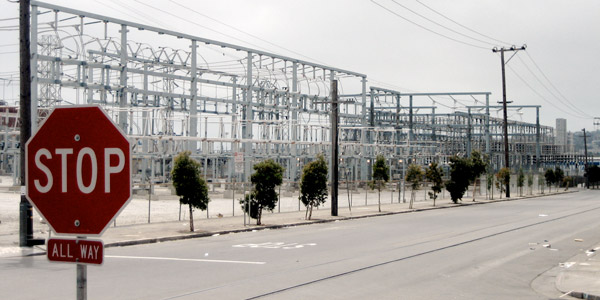By Robert Mullin
Two energy sellers that engaged in market manipulation during the Western Energy Crisis of 2000/01 will be prohibited from using the costs associated with illegal trading activity to offset the amount of money they’re expected to refund back to California, FERC has ruled.
The commission will also hold an evidentiary hearing to determine which cost offset claims submitted by Shell Energy North America and Hafslund Energy Trading stemmed from crisis-period trading practices such as “false exports,” “phantom ancillary services” and “false load scheduling” — all of which contributed to the widespread manipulation that bilked California ratepayers for billions of dollars (EL00-95-295). (See related story, FERC Denies Multiple Energy Crisis Rehearing Requests.)
“We find that sellers should not be permitted to offset their refund liability by the costs incurred while engaged in activities in violation of the then-effective tariffs,” the commission said in its Jan. 23 order.
Under the commission’s refund methodology, prices for all short-term sales into CAISO and the now-defunct California Power Exchange are to be capped at a specific “mitigated market clearing price,” with sellers expected to refund amounts above that level.
The commission initially allowed generators who believed that the mitigated price did not cover their operating costs to file cost-of-service rates in order to recover full costs, a provision that was later extended to energy marketers such as Shell and Hafslund for recovery of costs associated with their transactions.
FERC’s decision comes after California petitioned the 9th U.S. Circuit Court of Appeals to contest the commission’s previous acceptance of cost offsets submitted by Shell and Hafslund, a petition that the court held in abeyance.
The California parties — which include the state’s attorney general, the California Public Utilities Commission, Pacific Gas and Electric and Southern California Edison — later filed a brief with the commission contending that the two companies’ offset claims included costs associated with illegal trading activities.
The commission last year took up the issue on voluntary remand after getting approval from the 9th Circuit.
FERC’s decision reopens the record on the proceeding and allows participating parties to supplement existing information. The commission also encouraged the parties to reach a “mutually acceptable” settlement ahead of a new hearing.
“We note that there have been numerous settlements already filed and approved by the commission in the refund proceeding and related proceedings,” FERC said.





